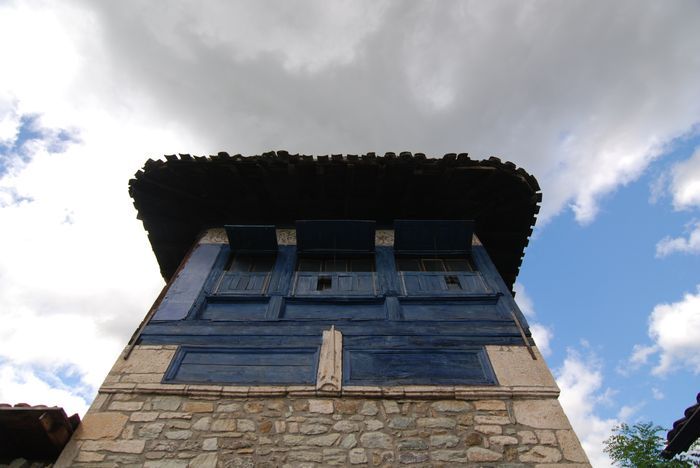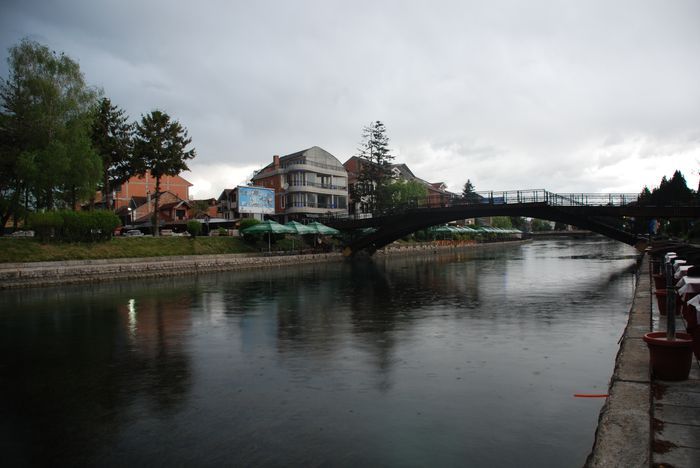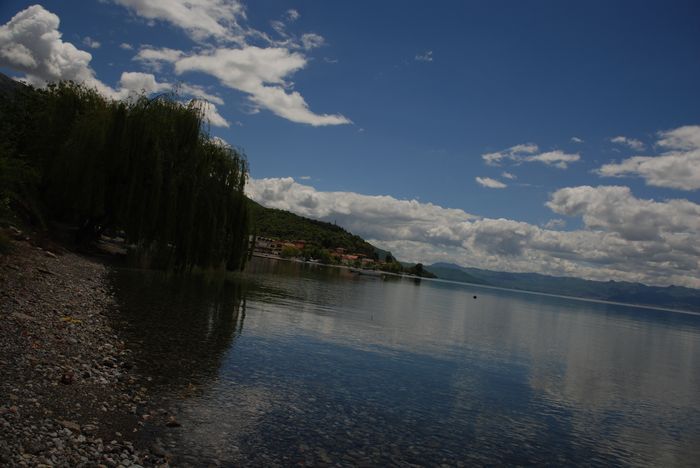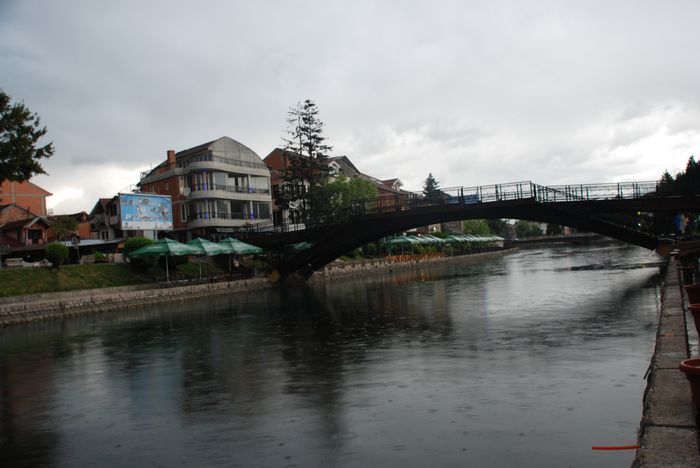Guard had horns, and drums, and cymbals. And with these they made such a noise at the point of day and at nightfall, that those who were near could not hear one another speak; and dearly were they heard throughout the camp.
Nor would the minstrels have been rash enough to sound their instruments during the day, save by order of the master of the Halca ; whence it happened that if the Soldan wished to give an order, he sent for the master of the Halca, and gave the order through him; and then the master caused the Soldan’s instruments to be sounded, and all the host assembled to hear the order of the Soldan: the master of the Halca spoke it, and all the host carried it out.
When the Soldan went to war, the knights of the Halca, if so be that they approved themselves well in battle, were made emirs by the Soldan, and he placed them in command of two hundred knights, or three hundred; and the better they approved themselves the more knights did he set them over.
The reward reserved for their deeds of chivalry is this: when they become famous anti rich beyond question, and the soldan is afraid lest they should kill or disinherit him, then he causes them to be taken and put to death in his prison, and their wives deprived of all they possess. This is how the Soldan dealt with those who captured the Count of Montfort, and the Count of Bar; and so did Bondocdar deal with those who had discomfited the King of Armenia. For these latter, thinking to have some reward, dismounted and went to salute Bondocdar while he was hunting wild beasts; and he replied: “ I salute you not,” because they had disturbed his hunting; and he caused them to be beheaded.
CONSPIRACY OF THE EMIRS AGAINST THE NEW SOLDAN
Let us now return to the matter in hand, and tell how the Soldan, who was dead, had a son of the age of five and twenty years, wise, adroit, and crafty; aim because the dead Soldan feared that his son would dispossess him, he bestowed on him a kingdom which he had in the East. And now when the Soldan was dead, the emirs sent to fetch the son, and so soon as the son was come into Egypt he took the golden rods from his father’s seneschal, and constable, and marshal, and bestowed them upon those who had come with him from the East.
When the seneschal, constable, and marshal saw this they were very wroth, as were also those who had been of the father’s council, and they felt that great shame had been put upon them. And because they doubted not that the son would do to them as the father had done to those who cap trued the Count of Bar, and the Count of Montfort (as you have been already told), they so practised with the men of the Halca, whose duty it was to guard the person of the Soldan, that the men of the Halca agreed, at their request, to kill the Soldan.









